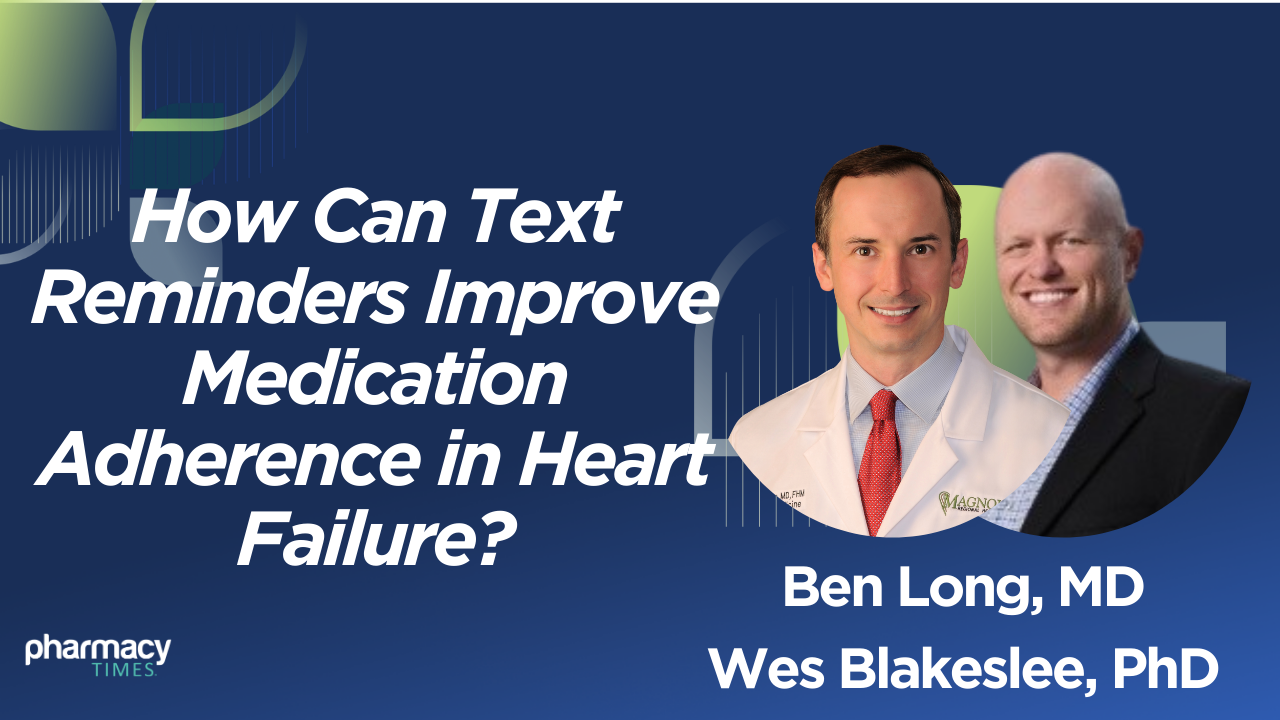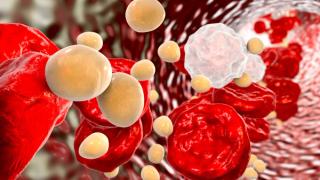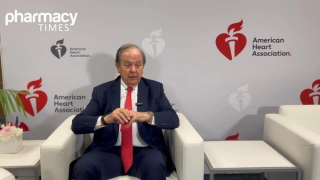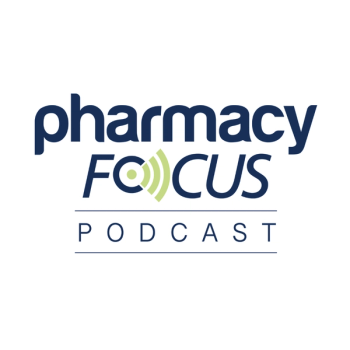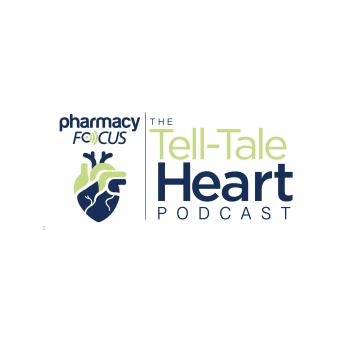
Cardiovascular Health
Latest News
Video Series

Latest Videos
Shorts




Podcasts
CME Content
More News

The short message service (SMS) text reminders were targeted toward vulnerable patient populations and consequently reduced rates of readmission to the hospital.

Ann Marie Navar, MD, PhD, explains how enlicitide decanoate delivers LDL-C reductions comparable with injectable PCSK9 inhibitors, which could improve access to nonstatin therapy for patients not at goal.

Ali Dehghani, DO, highlights that shingles vaccination not only prevents rash but is also associated with lower risks of major cardiovascular events, dementia, and mortality, underscoring pharmacists’ role in patient counseling and preventive care.
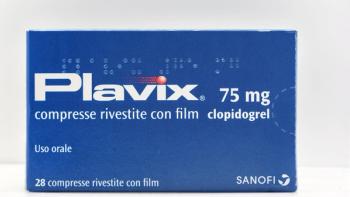
Hawaii has secured a $700 million settlement with the manufacturers of Plavix following a lawsuit alleging they concealed for years the drug's ineffectiveness and potential danger for individuals of East Asian or Pacific Islander descent, a risk that the FDA later required to be disclosed with a boxed warning.

Recombinant zoster vaccination against shingles was found to significantly reduce the risk of heart disease and dementia, even after a prior case of shingles.

Discover how the new PREVENT equations enhance cardiovascular risk assessments, improving patient screenings and prevention strategies for diverse populations.
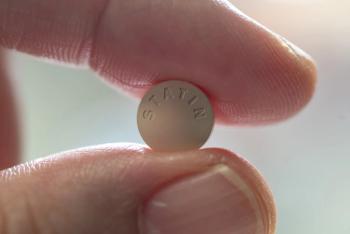
Patients with type 2 diabetes (T2D) who initiated statins experienced reductions in major cardiovascular disease (CVD) and mortality across a spectrum of predicted 10-year risk.

There are evolving recommendations for aspirin use, including optimal drug dosages and patient selection for effective cardiovascular prevention.

High levels of C-reactive protein in the blood and lower heart rate variability were linked to cardiovascular events in patients with depression, anxiety, or both.

The novel agent has demonstrated efficacy in symptomatic and less severe patients with obstructive hypertrophic cardiomyopathy in thorough phase 3 clinical trials.

The FDA has approved etripamil as the first and only self-administered nasal spray for adults with paroxysmal supraventricular tachycardia (PSVT), offering a rapid, effective treatment that can be used outside of health care settings.
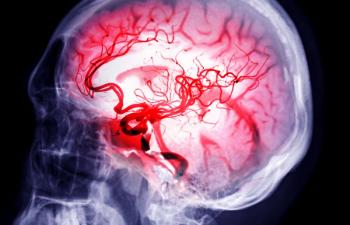
Asundexian shows promise in reducing ischemic stroke risk without increasing major bleeding, offering hope for secondary stroke prevention.

Depression and cardiometabolic disease share hormonal, inflammatory, and behavioral pathways requiring integrated pharmacist-led recognition and management.
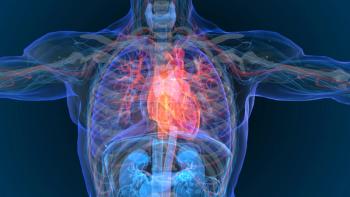
Pharmacists remain essential to ensuring patients receive safe, effective, and accessible care amid expanding therapies.
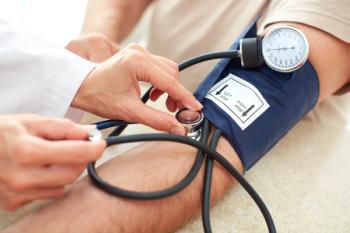
Pharmacists Can Incorporate the New Hypertension Guidelines Into Their Medication Therapy Management Practices

Olezarsen effectively lowers triglycerides and enhances cardiovascular health, especially when combined with fibrates, benefiting pharmacists and patients alike.

New triglyceride-lowering therapy Olezarsen significantly reduces severe hypertriglyceridemia and acute pancreatitis risk, offering hope for patients.
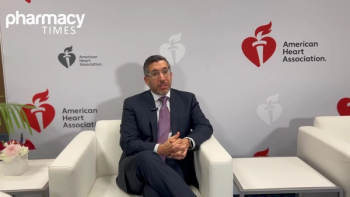
An expert highlights the need for early detection of aortic stenosis symptoms in elderly patients, urging pharmacists and clinicians to monitor subtle changes.
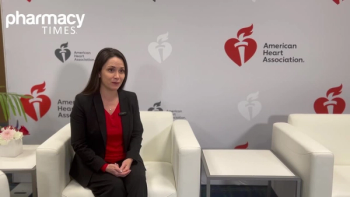
Pharmacists enhance LDL cholesterol management with tailored solutions like enlicitide, improving patient adherence and outcomes in cardiovascular care.

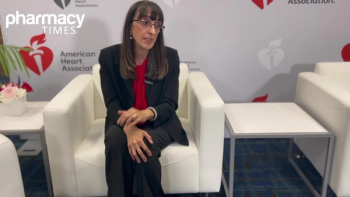
Discover how objective activity monitoring with accelerometers transforms cardiovascular risk assessment and treatment evaluation, enhancing patient care for pharmacists.

Hypertensive disorders of pregnancy confer increased cardiovascular risk, with heightened risk corresponding to more severe hypertension.
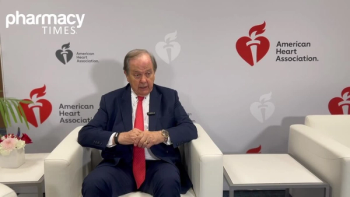
Expert highlights the benefits of early combination therapy in hypertension management, emphasizing improved blood pressure control and reduced side effects.

Heart failure prevention can be integrated into health systems to optimize care.
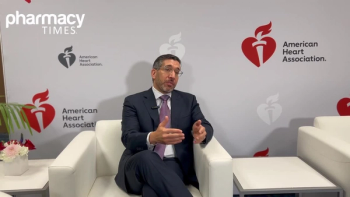
Expert reveals ongoing disparities in heart valve disease care, stressing the need for improved diagnosis and treatment equity for vulnerable populations.




